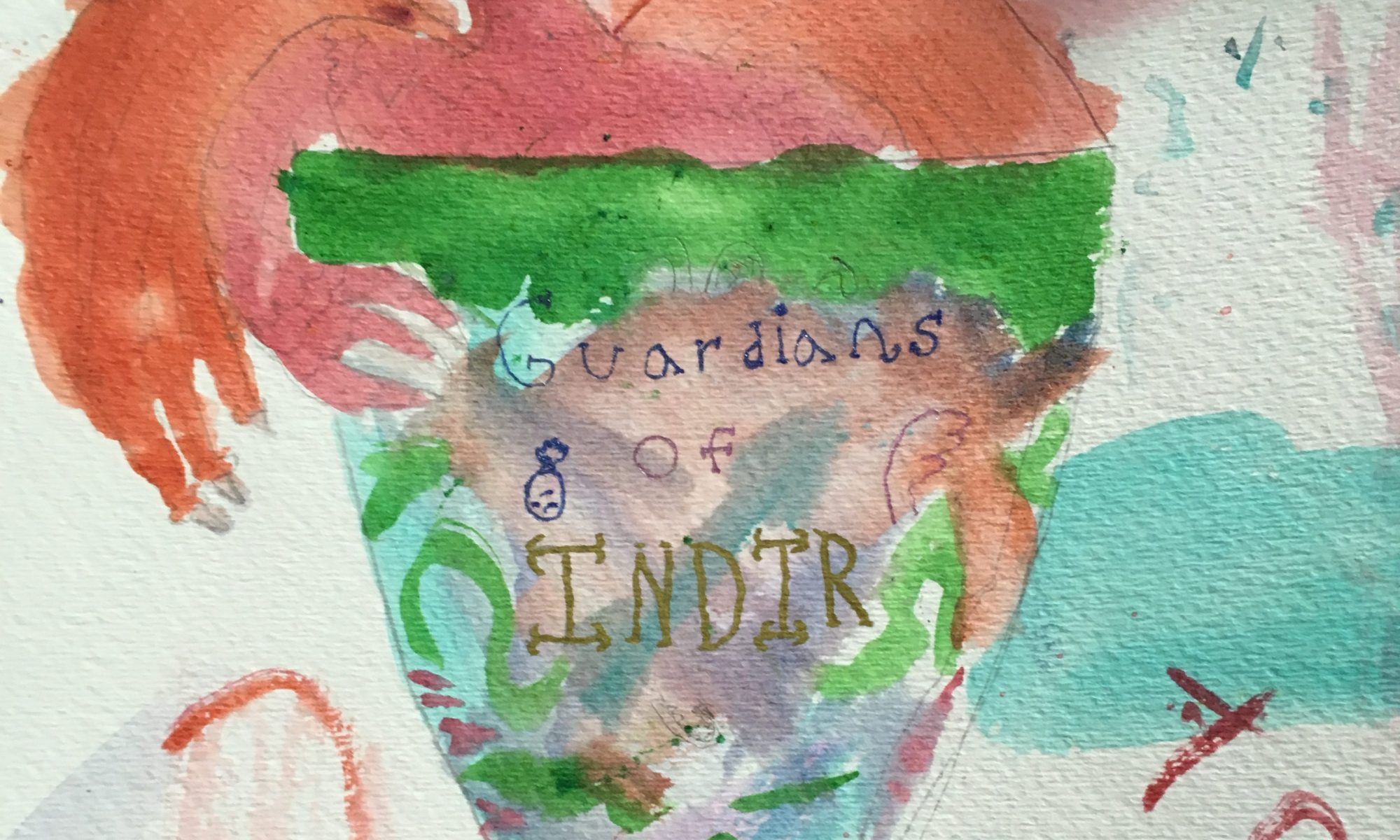After a LONG hiatus which included several recorded game sessions (to add to our already large backlog), the holidays, and the 44th DunDraCon gaming convention, Lucia got impatient enough that she edited this episode herself, choosing a more recent recording for something smaller that, as a one-shot, would encompass only a few episodes. So we bring you a more recent “Dungeon in a Box” entry with episode 1 of “All Souls Night.”
Dungeon in a Box is a D&D adventure subscription service, the brainchild of America’s DM, David Crennen, along with a crew of talented collaborators. We’ve been subscribers since the beginning – Harold’s a sucker for anything by America’s DM – and have actually recorded many sessions of the main Dungeon in a Box campaign for the podcast…we just haven’t gotten to the point of editing them yet! With the exception of some special holiday or crossover adventures – like this one – we’ve tried to present our games in the order that they were played…which is another reason why all you’ve heard on our podcast so far is Dungeons and Dragons 5th edition. As of this writing, we’ve played and recorded over a dozen different games (some one-shots, some ongoing campaigns) in at least six different RPGs, but we’ve only got through the first nine months of our recording history so far…from November 2017 through May 2018. That means that we’re almost two years behind what we’ve recorded!!
We have a bit of a quandary at this point, though: the first non-D&D game we played was a game of The Taint RPG set in a deep sea construction site, with all the PCs as cyborgs designed and enhanced to work efficiently in the dark and pressure of the midnight zone (we made it up on the spot). That’s well and good, and we’d love to share it with you…except it’s incomplete. We ran out of time in our session to complete any sort of satisfactory story arc (or even really to showcase the primary “blossoming” mechanic of the Taint), and we’ve never managed again to assemble all that game’s players in one room again. So our tough decision is between two options: do we post an incomplete story, or do we try to reconvene the group and continue the game before we cut any episodes?
Let us know what you think, and whether you’d rather we hold off on posting our The Taint RPG episodes until we have a complete story (which could be never), or if you’d rather we post what we have in the spirit of “As long as the role-playing is good, it’s fine.”
In the meantime, enjoy this first episode of the All Souls Night one-shot. Dungeon in a Box is set in and around The Greenwold, a large subcontinent populated by sentients of all species, dragons, and the occasional brilliant detective. All Souls Night was a digital exclusive for the Dungeon in a Box service: a Hallowe’en one-shot that is not part of the main campaign, but which adds flavor to the game world. This game is set in the Muttonwood, a sparsely populated forest highland of mountains and crags. In order to get into play faster, Harold set this up like a convention game: he created six PCs with interlocking backgrounds, flaws, and ideals, and let the players choose which they wanted to play. We’ll post the character sheets with the next episode’s blog post.

